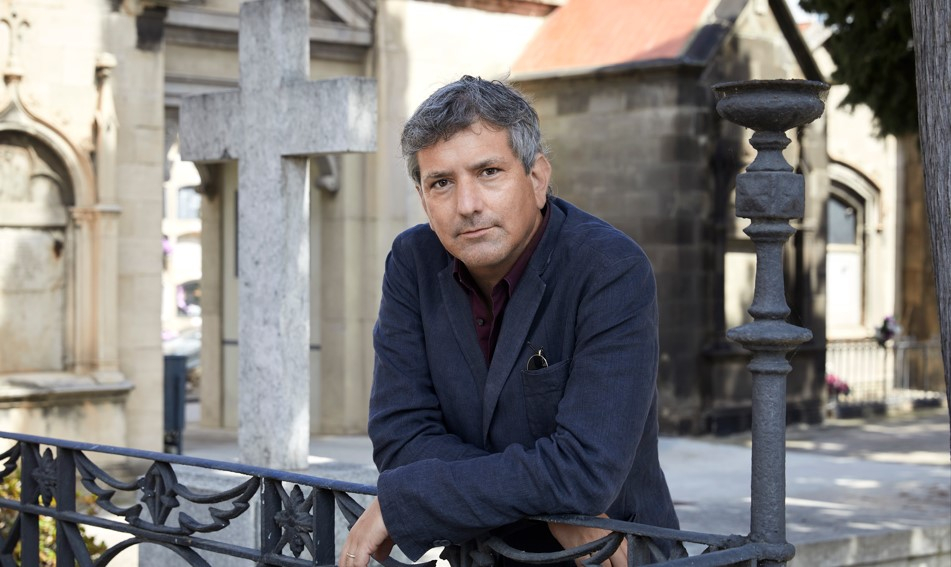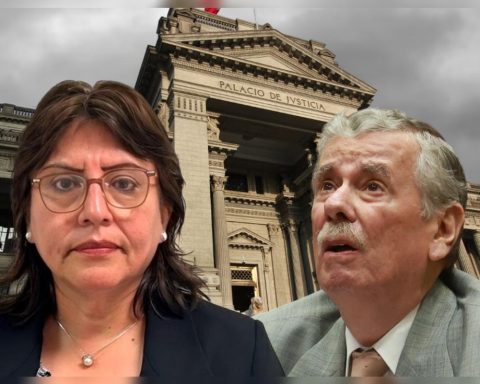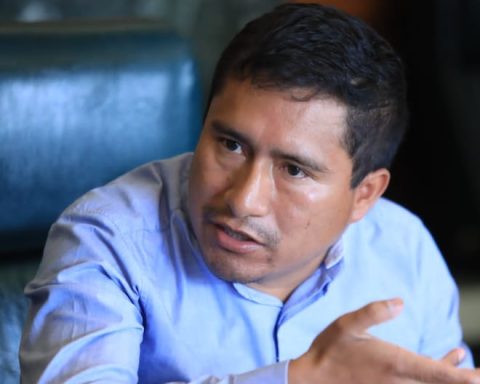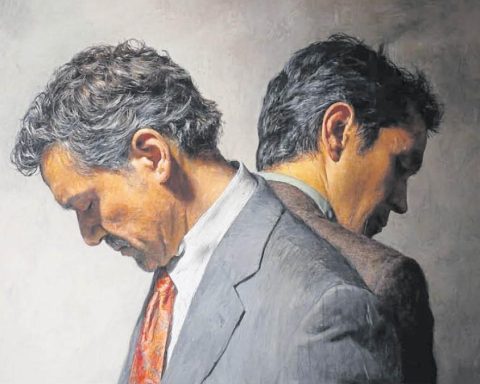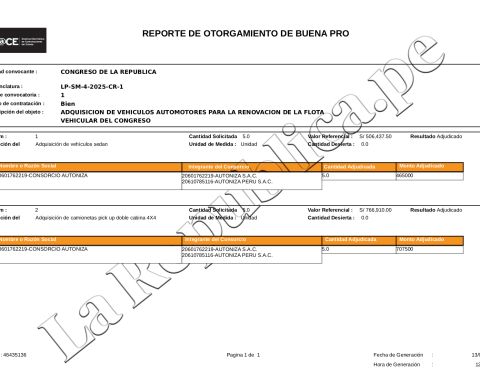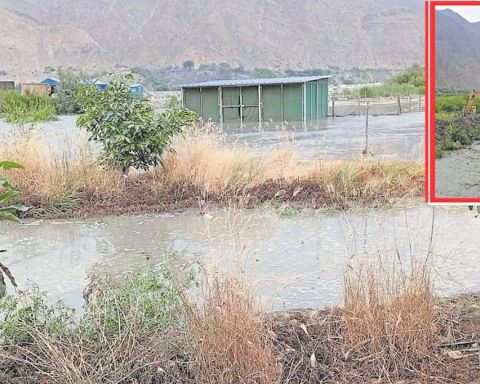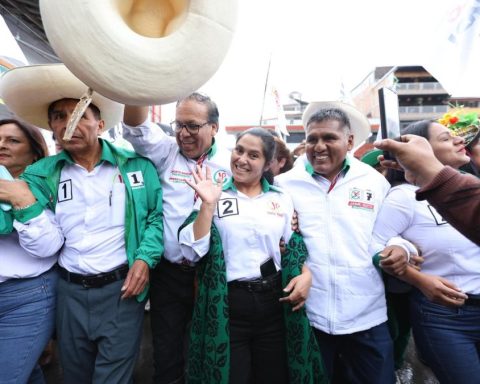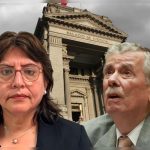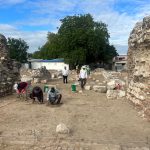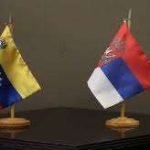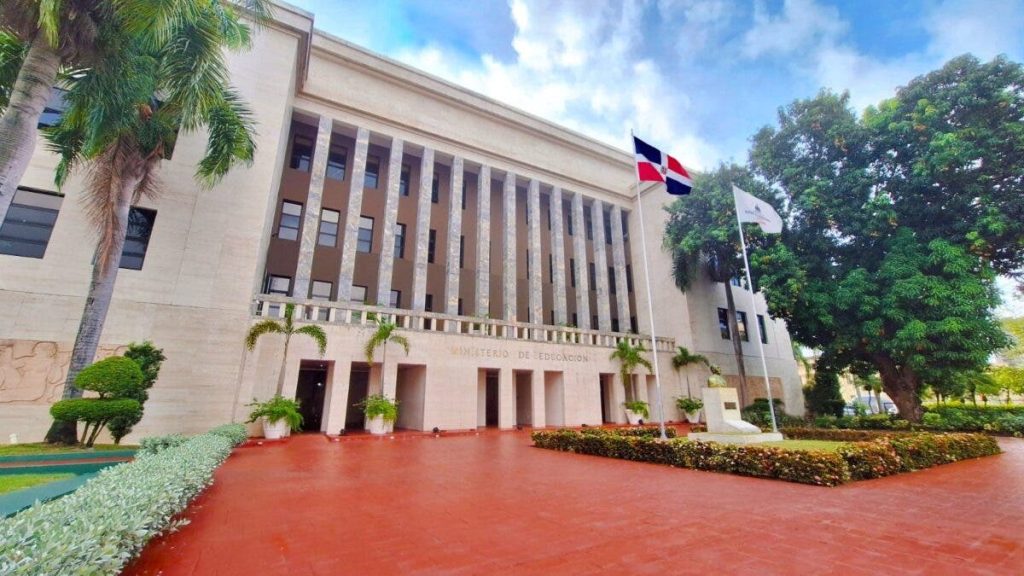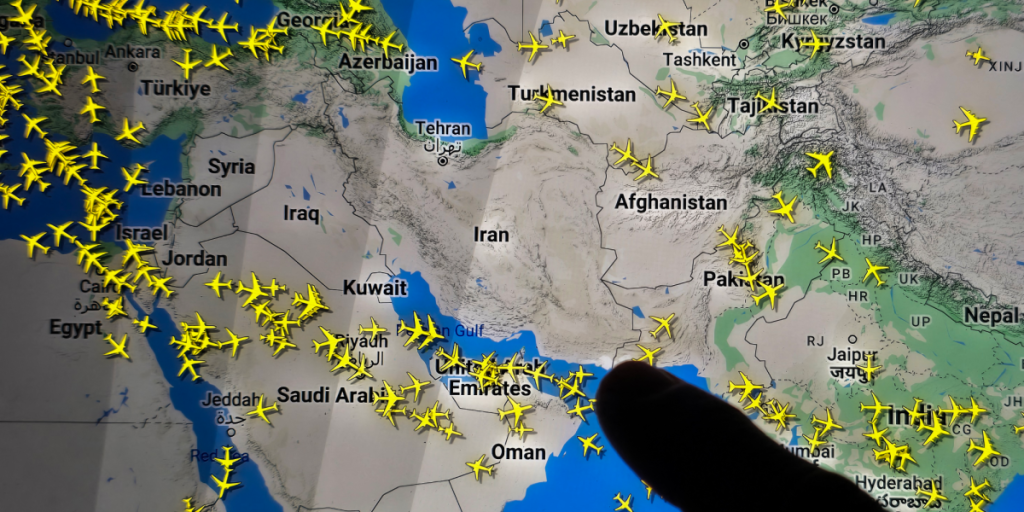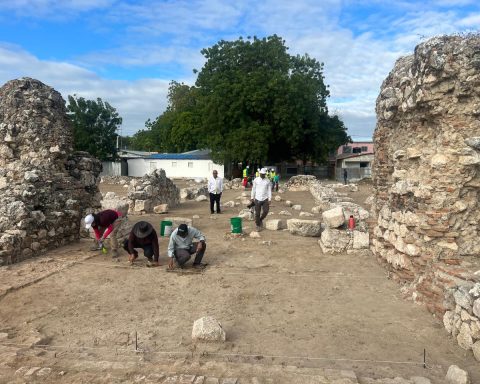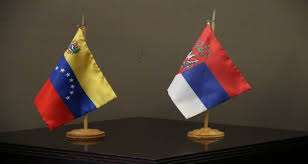Santiago Roncagliolo, a writer with many readers, was passing through Lima and presented The accident (Seix Barral), his latest novel. Much of Roncagliolo’s poetry is nourished by current events and the protagonist of this story, a woman named Maritza Fontana, believes she has her life together until one night everything begins to collapse for her. Impossible not to weave readings (the power of fiction) between The accident and the current Peruvian reality, an aspect that La República talks about with Roncagliolo. We go from the political to the literary.
-You worked on the issue of terrorist violence at the Ombudsman’s Office. You know the subject.
-I worked in the Ombudsman’s Office. The documents that came out of the Human Rights Commission went to the Truth Commission. I went to prisons, I read a lot of human rights topics, especially when I had to write about them. That experience inspired some of my novels.
–As Red April.
-The protagonist is a public employee, who is very similar, for better or worse, to what many people I met there were like.
-What do you think when talking about urban terrorism?
-Calling something terrorism is criminalizing it. If it is used for protests, which are legitimate in democracy, it is criminalizing part of democracy. There is protest everywhere. It is a very crude strategy to curtail democratic freedoms. This does not mean that attacks during protests should not be punished, but there are not always attacks during protests. When there is fear, it is easier to repress protest. It is when democracy is least trusted, as if it did not work. While everyone blames leftists, caviars and rightists, we are not asking ourselves why democracies do not work. All these repressions will have public support if it continues to happen to us as it happened to us at the end of the eighties, when after ten years of democracy we had seven thousand percent inflation and seventy thousand deaths. Now, after 24 years of democracy, you cannot go out and there are people who are killed for seven soles. We have diseases like dengue and childhood anemia is increasing. I think the desire for a dictatorship is returning because the majority thinks that democracy does not work. The thing is that I have serious doubts that a dictatorship is going to work better, but that does not take away the fact that democracy is not working and that this implies a problem for the entire society, not just one group. It is not the fault of some, it is that this society is not capable of trusting itself.
-During this visit, have you felt afraid when going out?
-At night, to return, I take my precautions. I have friends who have been assaulted, one of them at the door of his house, with a revolver.
-This political crisis began in 2016, when Keiko Fujimori did not stop governing the then president, PPK.
-After what happened with Castillo, no one is living better. What I see is that everyone is arguing among themselves, blaming each other, and if we continue like this we will be ready to democratically elect our dictator in the next elections. If it is a Maduro-style dictator, it will be people who want to solve inequality; If he is a dictator like Fujimori or Bukele, the people who want to solve security will do it. But, in any case, if we continue as we are, we are going to the democratic election of our dictator. Keiko may have responsibility in this crisis, but PPK and Vizcarra do too. They were accused of corruption. I am very interested in Marco Sifuentes’ books because they show the precariousness of the Humala and PPK governments. PPK is like a social class, or as Alberto Vergara calls it: the Playa Blanca thought, disconnected from half of the country. By destroying each other, they ended up destroying the system. Peru is a house of cards.
-How do you see Fujimorism without Fujimori?
-I see it strong. What is at the base of Fujimorism is that democracy does not work and that someone is needed who is not limited by the norms of democracy. We are like at the end of the eighties, with a collapsed State and total distrust of the democratic system. But the elections could go his way or towards the other thing that Fujimori did. Because the other legacy is to leave people with the concept that you have to vote for any guy, whom you don’t know at all. The same thing that can give power to Fujimori can be taken away from him. It was also done with Castillo and it could be done again.
-In your historical novel The year the demon was bornyou address a current topic: that of polarization. Today the country is divided between right and left, there is no middle ground.
-Spain wins the Euro Cup and the media spends a week discussing whether Carvajal is right-wing. In Peru we have reduced everything to a match between Alianza Lima and the U. If you are right-wing and I am caviar, what do we do? We have to learn to live together. I see two very big divisions. There are many things that can be united, but there is a great division that we saw in the last elections between the rural, poor areas, and the coast, the cities and their richer areas. After the pandemic, many stopped believing in democracy and voted for someone like Castillo. Now many in the country do not want a democracy. They are disappointed.
-Do you think there was a lack of more self-criticism with Castillo?
-Self-criticism is necessary for everyone. It is true that the State was in the hands of the caviars, which is a word to call democrats, right? When the pandemic arrived, there were Democrats and people did not have a refrigerator to confine themselves, they did not have hospitals, there was no oxygen. This is a terrible metaphor for the failure of democracy.
-Journalism is also polarized.
– I have seen many journalists be fired for doing the job well, but that is also a manifestation that bosses are also afraid of what happens in a democracy. That was the Castillo effect. If people go around voting, we’re all going to lose business. So, to defend order, some adjustments must be made to freedom of expression. This affects the credibility of the press. People don’t believe the press, they don’t believe me either. I remember a congresswoman, Kira Alcarraz, who was made president of a parliamentary commission and a journalist asked her what qualifications she has to preside over that commission. And she responded: “And the people who have titles, what the fuck have they done for this country?” That is to say, even in a country where education is a scarce commodity, having an education is seen as a privilege. And being a journalist is seen as someone who works for your boss. This abounds in the discredit of democracy.
-After the fall of Castillo, many thought that Dina Boluarte could govern better.
-I thought we were going to see a more organized political group with more political interest and more political tradition, proposing norms to reduce childhood anemia, combat dengue, to improve security. But the spectacle we see from Congress is not very edifying either. It’s like they’re just thinking about making all the money before everything blows up. There is no political project to be seen anywhere. There is no one proposing an idea of State. Rather, they make rules to influence criminal proceedings. It’s disheartening.
-The Government of Dina Boluarte has picturesque things, like sending Harvey Colchado to take care of a Metropolitano station.
-Can’t we choose anything better? And if there is nothing better, can’t we organize it and propose it? What’s happening? Colchado is part of what we have chosen. We chose something informal, we also see these informal decisions at other points. For example, what we are seeing, the truckers’ strike comes from a law proposed by Congress, which practically gave free rein to crime to do whatever it wants. Elections are a lottery. In election week there is someone who is two points ahead and wins. And he reaches the second round, generally facing Keiko, and wins by the entire anti-vote against Keiko. We would have to avoid that lottery, but that implies social self-criticism. What I see is that people don’t want to know anything. It is very easy to blame everything on politicians, but what we should do is think again about what is happening to us. If we continue voting like this in the lottery to see if someone comes and fixes everything, we will continue to have politicians of this level. That Congress has approved this pro-crime law says a lot about what we have.
-All your novels have a tone of humor and The accident is no stranger to it.
-Humor is part of what I write. For example, when I arrived in Spain I realized that my sense of humor had to be moderated. When a country is doing better, humor begins to be perceived as something strange. But that’s the way I write. I also like that my novels have a lot of emotions. May you cry, may you laugh, may you be scared. For The accidentI wanted the reader to feel an emotional roller coaster with Maritza Fontana.
-Your books are read. You have thousands of readers in Latin America. But in your career there have been criticisms of the way you write.
-When you start writing, you make a bet. And the bet is what I feel most comfortable with. You feel comfortable with what you do and the person you are. Don’t write for anyone else. Because you will end up being a fake. You will end up pleasing gentlemen who may be very prestigious but who do not necessarily mean much to you either.
-A piece of advice for young writers.
-Stephen King says that a critic asked him why he doesn’t write more sophisticated novels. And he responded: do you believe that I choose what I write? If you want to write, you have to know who you are and what stories represent you. You don’t have to write like García Márquez or Coetzee, no matter how much you admire them. Although I steal things from all of them. I’m always reading and getting ideas. What you write is a mixture of many things you have read, what you have experienced, what you have heard. You have to have something to say. If you know what you want to write and who you are, it is because you have found what you can say that others are not saying. For me, the greatest difficulty for a writer is not writing the great novel or receiving acclaim, the difficult thing is finding his voice. Everything else, if it comes, will come after you find your voice.
